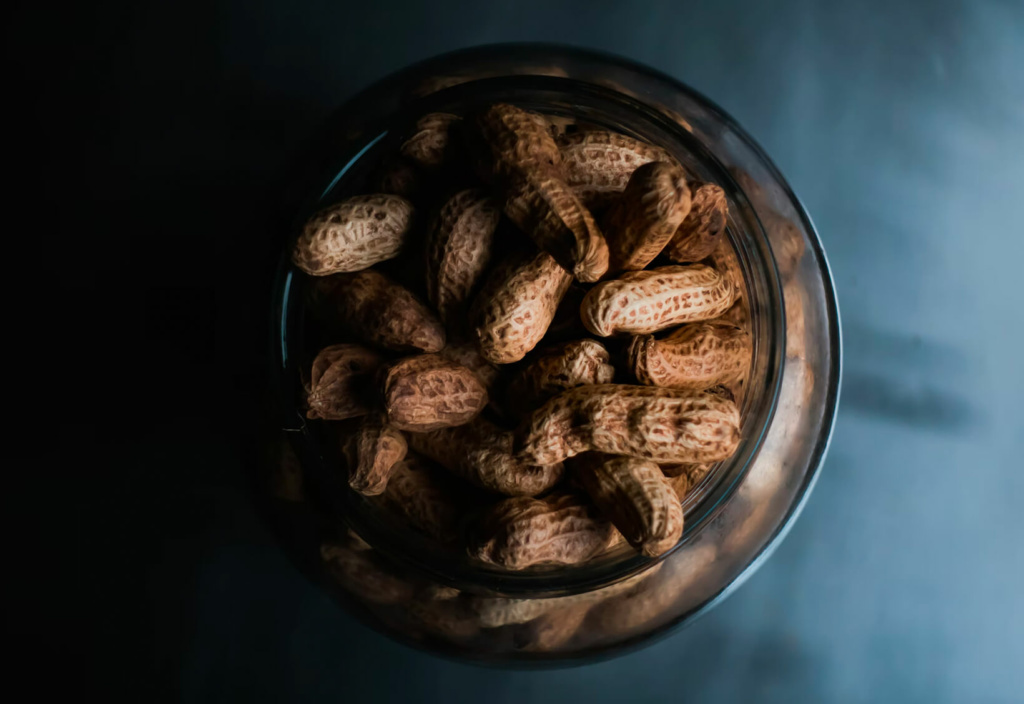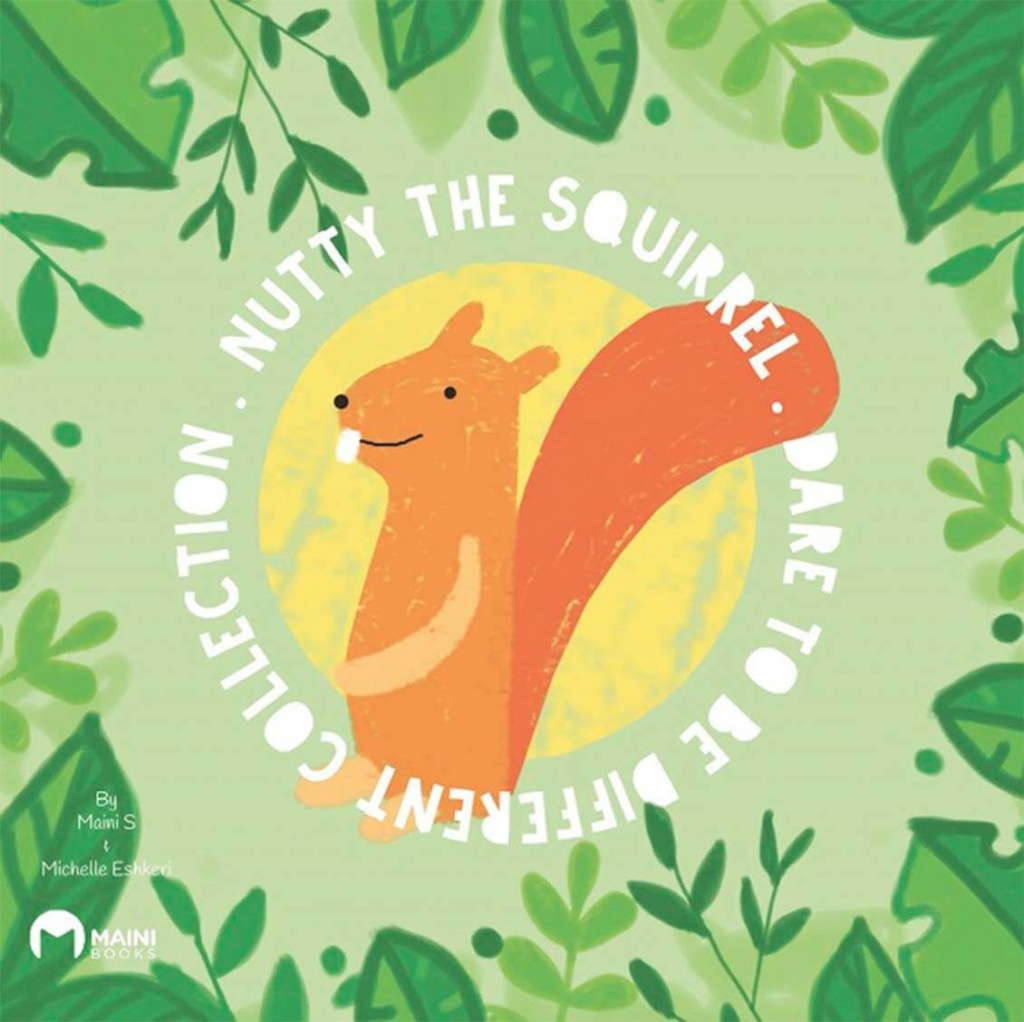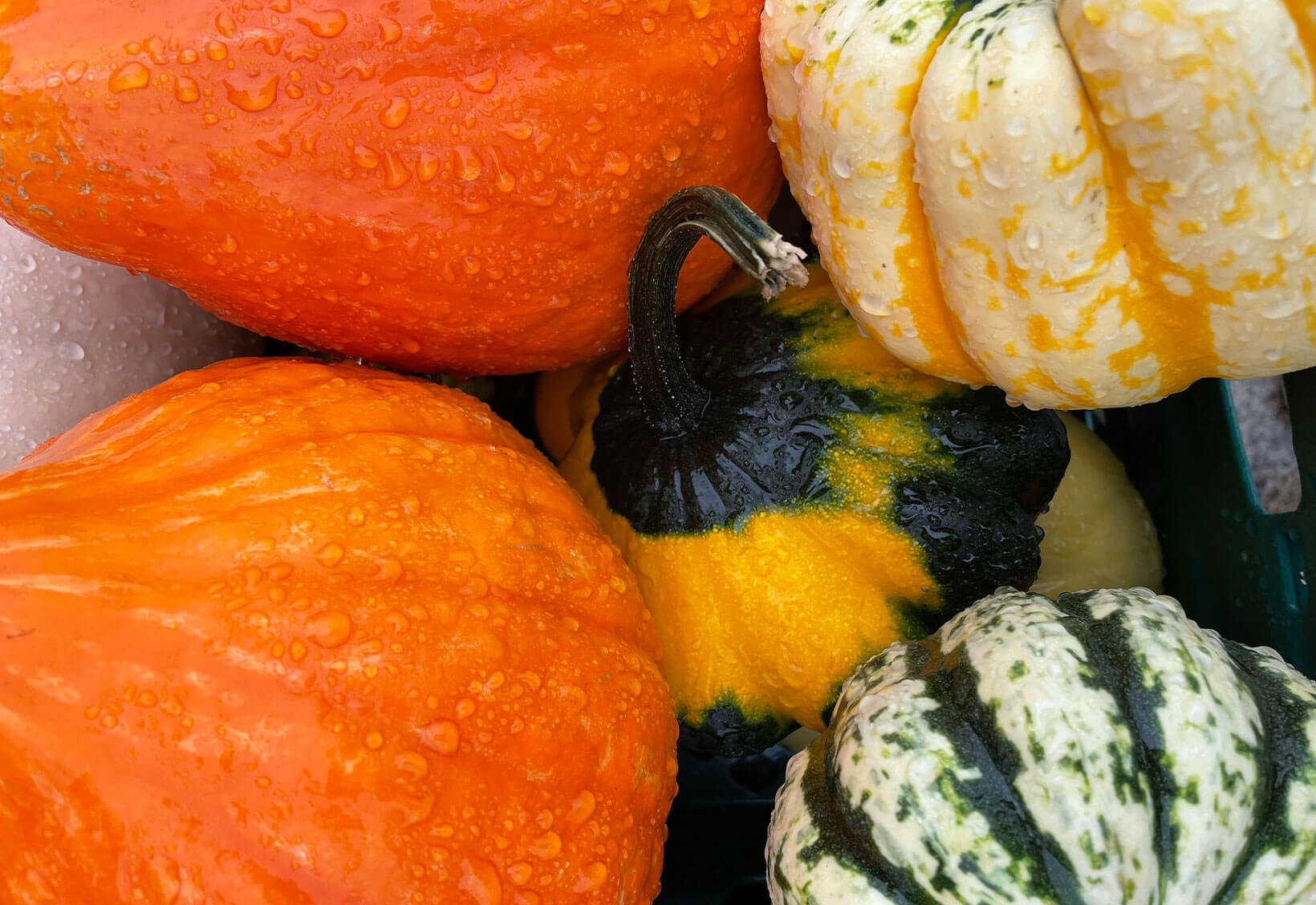7 Things Many People Don’t Know About Nut and Peanut Allergies

By Michelle Eshkeri
When I was a child, many years ago now, I don’t remember anyone in my school having a nut allergy. Of course, that doesn’t mean there was no one with a nut allergy – I am sure there was – but it wasn’t something that people had much general awareness of. These days, educators, parents and children are very aware of this allergy, and it does seem more prevalent.
However, many people still don’t know enough about it and its impacts, so the aim of this blog is to provide information and answers to the most common questions.
1) Almost 2% of children in the UK have a nut allergy
Research has shown that peanut allergy among children increased significantly during the 1990s. In the early nineties, the incidence of peanut allergy was one in 200 children. By 2002, the incidence was around one in 70 children in the UK and in 2011 it was estimated to be around 1 in 57 children.
2) Which nut allergy is most common?
The most common nut allergies are cashew, walnut, hazelnut and pistachio. the U.K. the most common nut allergy is hazelnut whereas in the US, it’s cashew followed by walnut. Peanuts are not actually nuts; they are legumes but they have a similar protein structure to tree nuts, so if you have a peanut allergy there’s up to a 40% chance that you are allergic to one of more tree nuts as well.
3) Can you suddenly become allergic to nuts?
The problem with allergies is that you can suddenly become allergic to a food at any point in your life. I recall a story I heard when I was running a first aid class a few years ago where one of the trainees told us how her grandmother who was in her seventies suddenly developed an allergy to strawberries. She’d eaten them without problem all her life and randomly her body had decided that strawberries were the enemy. The body is indeed an enigma sometimes!
4) Can you grow out of a peanut allergy?
According to Anaphylaxsis.org, around 10% of children with a peanut allergy outgrew the allergy by age 10. It is estimated by adulthood, around 20% would have outgrown their allergy. In addition, a systematic review assessing all published studies from 2020 found that between 9-14% of children with tree nut allergy outgrew this allergy.
5) Are peanut allergies always anaphylactic?
No, not all peanut allergies result in a severe allergic reaction, but it’s estimated that up to half of those with peanut allergy will have an episode that requires medical treatment. Peanut allergy can be airborne, but fortunately it is very rare that an allergic person would suffer anaphylaxis from smelling or being near peanuts. According to the AAAAI, research shows that having non-ingestion contact with peanuts such as touching a surface that has been in contact with peanuts is very unlikely to trigger anything more than a mild reaction.
If you have a mild reaction, you may a runny nose, itchy eyes, coughing, tingling in your lips or tongue or a stomach-ache. Your symptoms may start from within a few minutes to a few hours after eating peanuts or products containing peanuts.
6) What can I do to manage a nut allergy?
Take the following steps to reduce the risk of a severe allergic reaction and know what to do in the event one occurs
- read food labels carefully
- avoid cross contact when preparing food/drink
- ensure that anyone caring for your child is aware of their condition
- take a first aid class and recognise the signs and symptoms of an allergic reaction
- carry an adrenaline auto-injector for administering epinephrine during a severe attack
- wear a medical emergency tag or bracelet so you can get help fast in the event of an attack
7) How can I help people with a nut allergy to feel included?
Having a nut allergy is stressful, for the individual and for parents of a child with a nut allergy, so there are a few ways that you can help.
- Take time to understand the problem – ask about exactly what foods they are allergic to and how severe their reactions have been in the past.
- If you are arranging an event where there will be food, talk to the person (or the parent of the child) about what foods will be available and eliminate potential allergens from any self-serve food offered. If you are going to a restaurant, choose one that takes food allergies seriously and provides nut-free menu options.
- Use the Allergy Companions directory to find restaurants in your location that understand how to keep the customers who have allergies safe as well as included.
- Don’t share food or cutlery as this could put the person in danger.
- Wash your hands after eating as even small traces of an allergen can trigger a severe allergic reaction.
- Learn where the person keeps their auto-injector and how to administer it to them.
Michelle Eshkeri is a children’s author and the owner of Let ME Write copywriting services. She has co-written, with Maini Singh, a series of 10 illustrated rhyming stories for children aged 3-7 covering common childhood health and wellbeing topics, including nut allergy, gluten intolerance and fussy eating.
Check out Michelle and Maini’s first book, Nutty the Squirrel, and the rest of the collection!


















